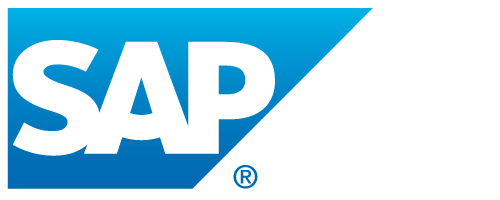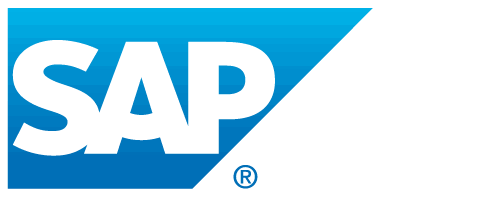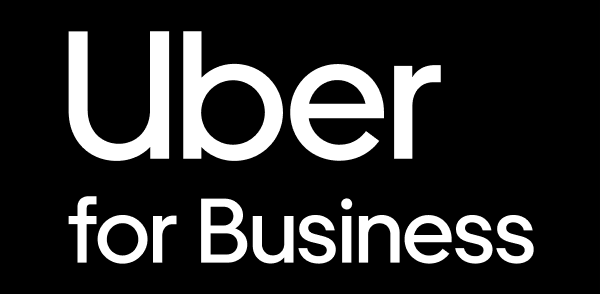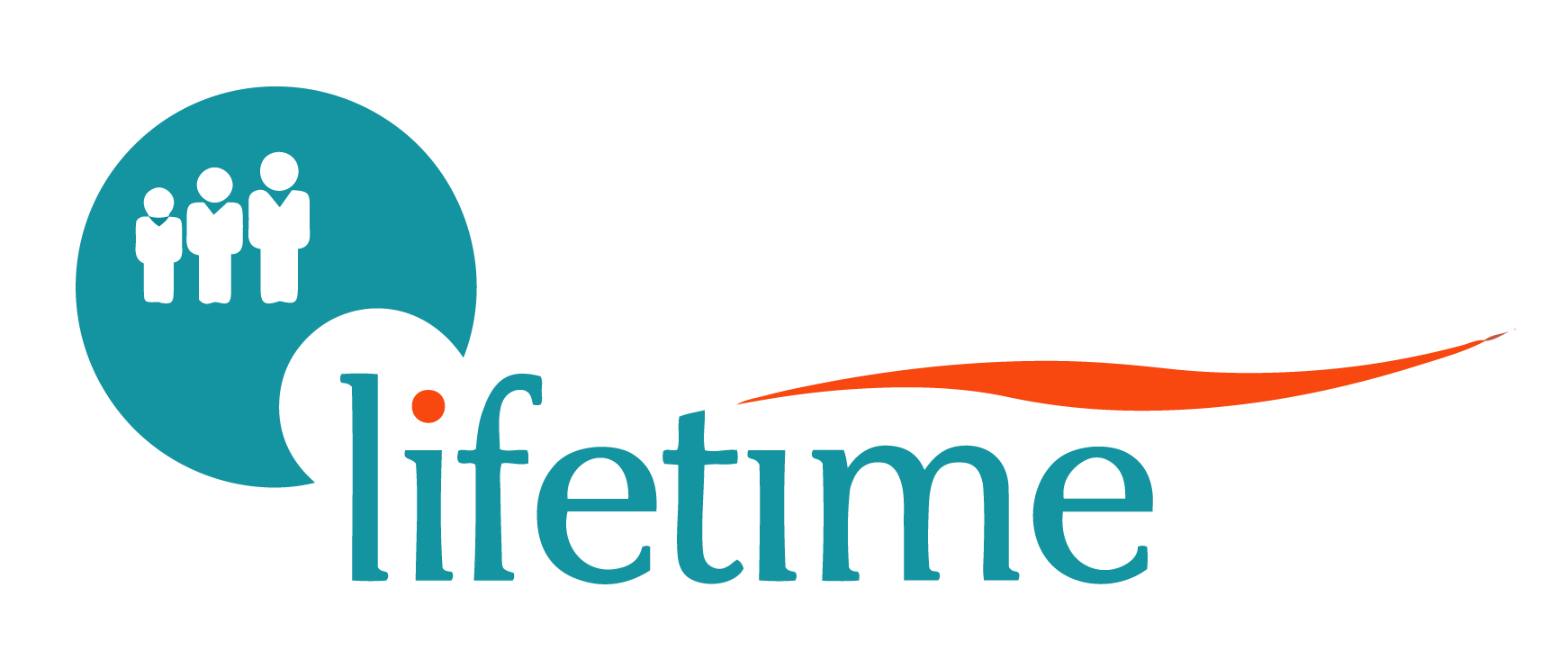Amid all the comment focusing on the businesses trialling the four day week, was an interesting note about the five day working week. This, apparently, was introduced by Boots in 1934, almost 90 years ago.
The two day weekend was, in part, a response to massive global upheaval, in this case the depression of the 1930s, and the economic shockwaves from that which threatened jobs.
Boots decided it was (to quote its own website) ‘a more socially responsible solution’ to move to a five day working week without loss of pay than to lay off skilled employees.
There are many lessons to be drawn from this. Not the least the way it echoes today’s debates around the way that similar global shocks have led us to ask searching questions about the way we work.
But they all seem to centre – perhaps understandably, if not logically – around ‘where’ we work as well as how long we spend working.
This risks moving the debate into a space which is at best unhelpful, and at worst misses the real issue entirely: because we now need to focus on the ‘how’ not the ‘where’.
Re-writing the manual
Where we work is irrelevant. In our last article we looked at the growth in the concept of autonomy: employees, in consultation with their employers and the future needs of their businesses, making their own judgements and decisions about a far wider range of work and career related matters, with HR as the natural facilitator for this activity, being the true ‘custodian of people’.
This places HR at the very heart of designing and facilitating a new look for employee experience, using technology to enable everyone – from leaders to the organisations and people they lead – to maximise their levels of performance and reach the highest potential they can achieve. Where this is done really shouldn’t matter one jot. What matters now is how.
That in itself raises further questions. When Covid struck we had no choice but to find new solutions to how we could continue to work together. Then it was a simple question of survival. Thanks to technology we quickly found those new ways, and we are now looking at some of those solutions becoming permanent fixtures.
But as a direct result, ‘how’ has become the all-important question. The old certainties have gone. There is no longer a manual we can take off the shelf and use to help us find the next steps forward. We’re having to re-write it as we go along.
The new ways we are now struggling with include how we communicate with each other, how we collaborate and connect. We need to discover a new language to enable us to express these new ideas, as each of these issues has to be looked at afresh.
Like Boots all those years ago, this will mean taking some far reaching and radical steps, well outside the comfort zones of old, but as exciting and perhaps even more transformational than that move to a two day weekend.
Five vital questions we need to address
So just where should we be concentrating our energies as we try to answer that question? When it comes to asking ‘how’, here are five areas which need our attention.
Collaboration and communication
Let’s face it, nothing can really replace the potential buzz of a face-to-face meeting. Just how are we now going to work together when for so much of the time we may be physically apart. How are we going to replicate that buzz and find ways to even improve it?
Autonomy
As we’ve seen in our previous article, the drive is towards employee empowerment. But how do we ensure that individual goals and aspirations feed directly into the needs of the wider business, its stakeholders and shareholders, and how we meet their needs and objectives?
Goal setting and performance analysis
As with everything else, do we now need new ways to measure and record our successes? Do new organisational structures and hierarchies also require new ways to analysis and record? Do our new look organisations need new ways to assess success? These are all issues which we urgently need to address.
Innovation
If we change our structures, how do we then find ways to build and design new products? If the traditional routes to new product development and innovation are no longer fit for purpose, what do we replace them with?
Culture
From the way our leaders shape and formulate the look and feel of a business, to the way those businesses themselves project and demonstrate their commitment to customers and employees. The power of how is critical to the way an organisation is structured and shaped to meet the future demands placed upon it in both the medium and long-term.
No time to waste
A incredible 90 years is a long time to wait for external pressures to cause us to shake up the shibboleths of employment and working practices.
Companies need to be prepared to be bold and adventurous if they are to meet the future needs of both their businesses and their employees.
In the next of this series we’ll look at another of the key elements shaping the future of work: the contractual relationship between a business and its employees – just how that has changed, how it will continue to evolve in the years ahead, and the implications for the future of work. Meanwhile, for some, the four day week is coming, and coming very soon.
It’s almost certainly not going to be the last significant change we’ll be seeing in how we work.
Michael Esau is global HR advisor at SAP
To find out more about how technology and forward thinking you help you to answer the vital questions which your business needs to address, contact SAP.















